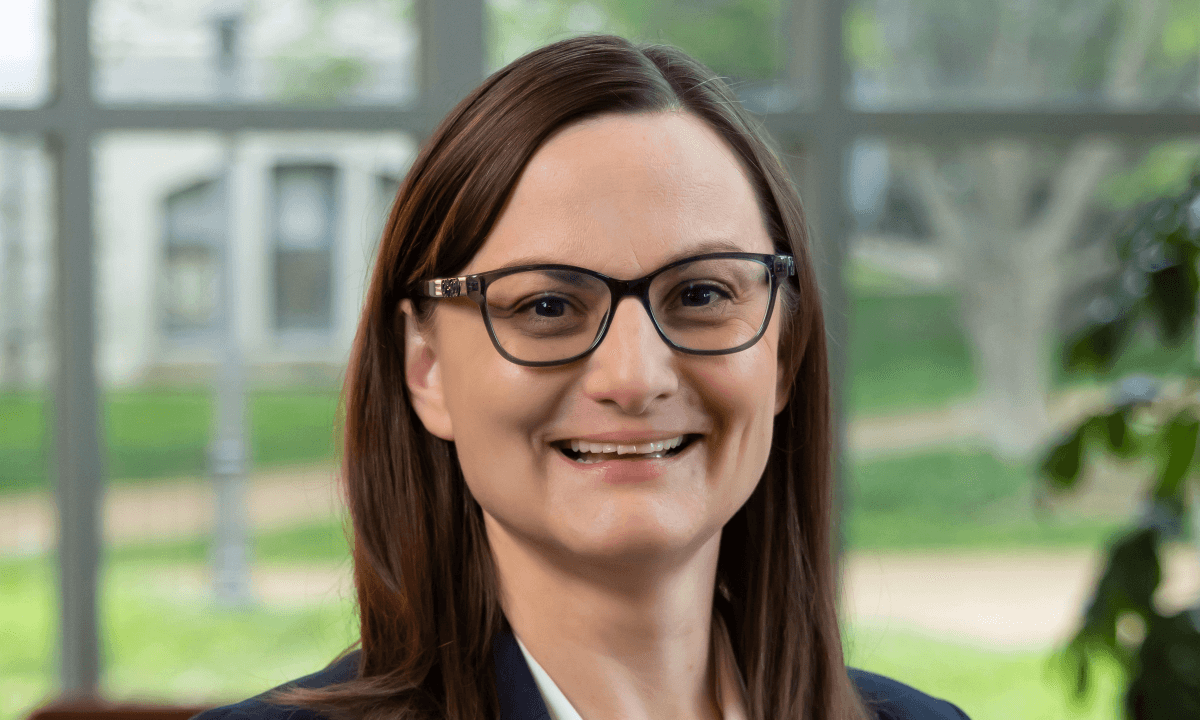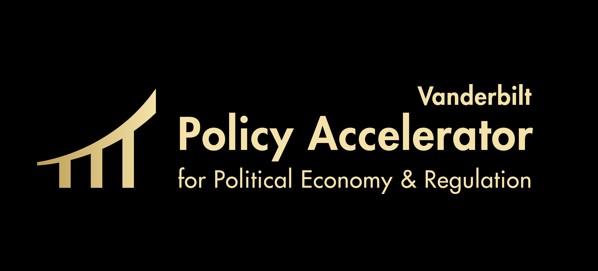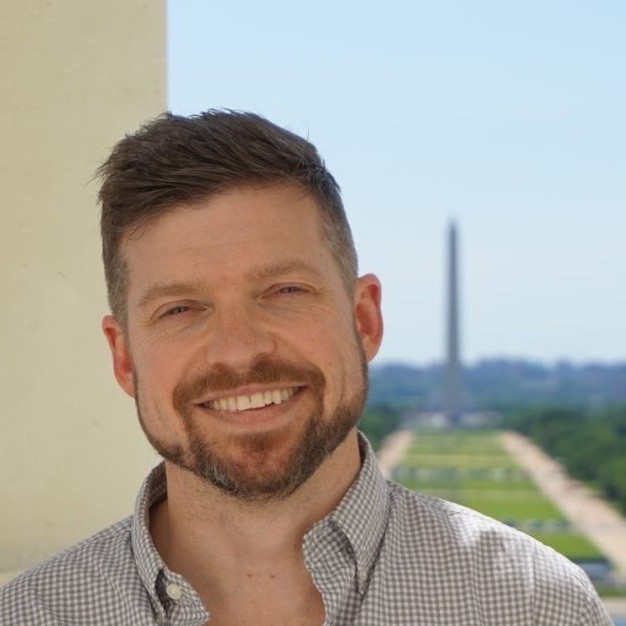High-tech trends like online music sharing, podcasting, blogging and streaming Internet video services seem to be evolving faster than you can click a mouse. But how are copyright laws and business models changing to keep pace with these innovations?
On Oct. 17-19, hundreds of experts from around the world and Music Row came to Vanderbilt Law School to discuss and debate issues such as how artists, songwriters and authors are paid for use of their work and how to legally distribute music, videos and other works protected by intellectual property as part of a conference sponsored by Vanderbilt, the World Intellectual Property Organization (WIPO) and the International Confederation of Societies of Authors and Composers (CISAC).
Laurence R. Helfer, Vanderbilt professor of law and director of the international legal studies program, collaborated with music rights organizations BMI, ASCAP and SESAC for the conference. Professor Helfer had been searching for ways Vanderbilt could work more closely with Music Row, and the WIPO conference presented an ideal opportunity. “Sometimes the best way to cross town is to cross the ocean,” Professor Helfer said.
The leaders at the conference did not seem deterred by new high tech trends, but agreed that copyright and licensing laws need to adapt. “The desire to present and create music is not being stifled by what’s going on in the music industry,” said Gary Churgin, chief executive officer of the Harry Fox licensing agency,.
The music industry leaders seemed to agree that new digital mediums are creating more opportunity for copyrighted material to be used or reproduced without someone paying for it. Officials from BMI and ASCAP talked about their new “pattern recognition” technologies that track when copyrighted material is being used.
Both organizations also said that the internet video site YouTube is trying to negotiate for some type of blanket copyright license, but neither would go into detail about the ongoing negotiations.
Tension filled the room in one session when an audience member complained that a big cause of the copyright piracy problem tied to independent videos on sites like YouTube is that there’s no unified collective Web site where people can buy rights to music. He suggested that BMI, ASCAP and SESAC work together to create such a site.
In another session, Paul Spurgeon, vice president of Legal Services and General Counsel for the Society of Composers, Authors and Music Publishers of Canada (SOCAN), wittily termed those who pirated digital music files "dot.communists," after eschewing the term "file-sharing."
"You can’t share what you don’t own," Mr. Spurgeon said.
Audio and video recordings of the conference will soon be available on Vanderbilt’s I-Tunes U page at http://www.vanderbilt.edu/itunesu/ .
Contact: Amy Wolf, (615)322-NEWS
Amy.l.wolf@vanderbilt.edu


